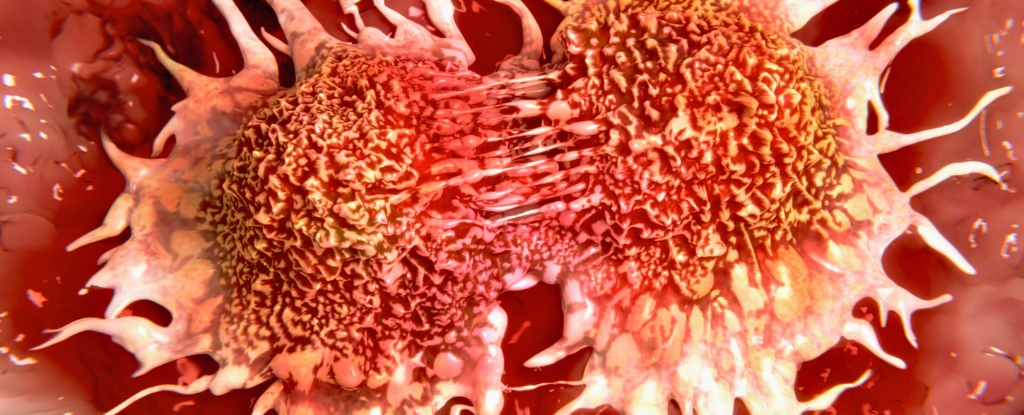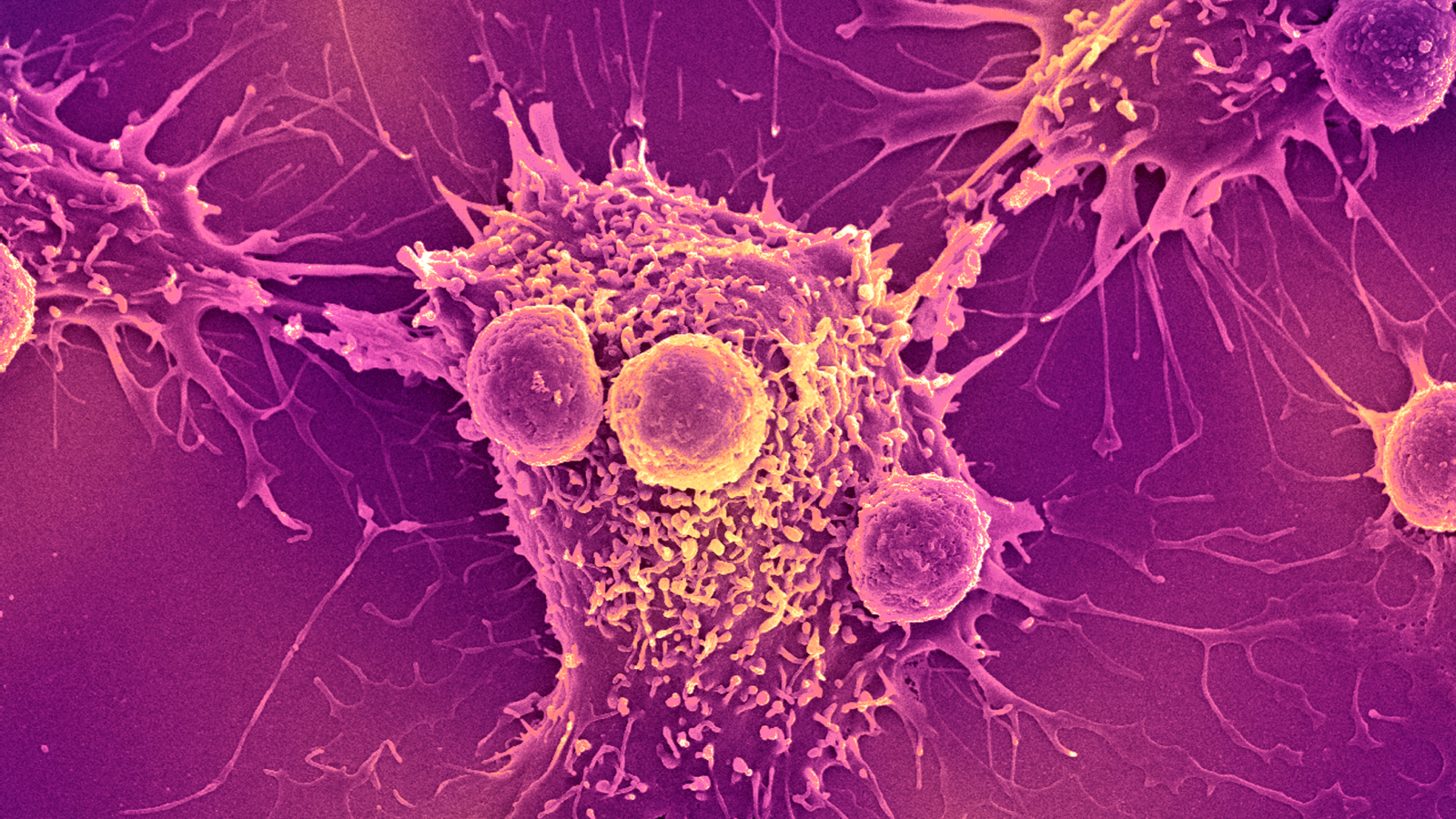T4K3.news
Study Shows Viruses Can Reactivate Breast Cancer
New research indicates respiratory infections may endanger breast cancer survivors.

New research highlights potential risks for breast cancer survivors linked to respiratory infections.
Common Viruses Reactivate Dormant Breast Cancer Cells
Recent research indicates that common respiratory viruses may trigger dormant breast cancer cells in survivors, leading to serious health implications. The study, stemming from observations during the COVID-19 pandemic, revealed that breast cancer patients in remission experienced increased risks associated with viral infections. Particularly, an analysis of patients in the UK Biobank reported double the likelihood of cancer-related deaths for those who had previously contracted SARS-CoV-2. Similarly, a separate American study identified a 40 percent rise in metastatic breast cancer risk among patients with prior COVID-19 infections. Researchers argue that these findings suggest that the immune response to viral infections, which can lead to inflammation, potentially reactivates dormant cancer cells, emphasizing the need for caution among survivors.
Key Takeaways
"Dormant cancer cells are like the embers left in an abandoned campfire, and respiratory viruses are like a strong wind that reignites the flames."
James DeGregori explains the metaphorical relationship between dormant cells and respiratory viruses.
"It's a significant effect."
Roel Vermeulen highlights the substantial impact of respiratory infections on cancer patients.
"What our data suggest is that if you are a cancer patient with these dormant cells, your chance of dying from them awakening is much greater after a respiratory virus."
James DeGregori warns about the heightened risks for cancer survivors following viral infections.
This research uncovers an alarming connection between respiratory infections and the reactivation of dormant cancer cells in breast cancer survivors. It challenges the long-held belief that remission equates to safety from the disease. With millions of breast cancer survivors facing these risks, the implications extend beyond personal health, potentially straining healthcare systems. The call for further studies into the efficacy of vaccinations against such viruses highlights an urgent need for proactive measures to protect vulnerable populations.
Highlights
- A respiratory virus can reignite dormant cancer cells like wind to embers.
- Dormant cells might remain harmless until a respiratory virus awakens them.
- Inflammation from viruses breeds the perfect environment for cancer.
- Vaccination could be key to protecting cancer survivors from relapse.
Concerns for Cancer Survivors
The study reveals significant risks for breast cancer survivors who contract respiratory viruses, raising alarms about public health implications.
Continued research is essential to safeguard the health of cancer survivors.
Enjoyed this? Let your friends know!
Related News

Common viruses may reactivate dormant cancer cells

Research connects respiratory infections to cancer cell activation

Plant virus shows potential in cancer therapy

Universal cancer vaccine begins human trials

New studies explore sunlight benefits for health

New breast cancer test shows promise

New mastectomy guidelines proposed

Triclosan in soaps linked to eczema in children
